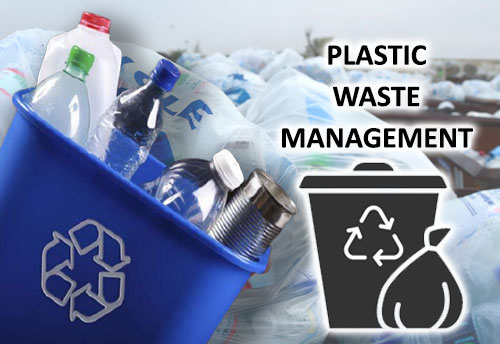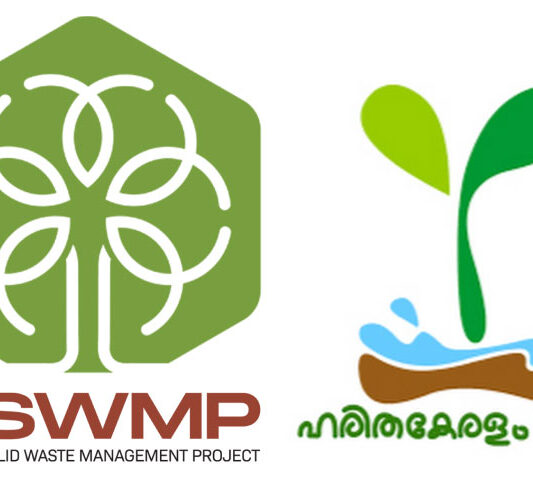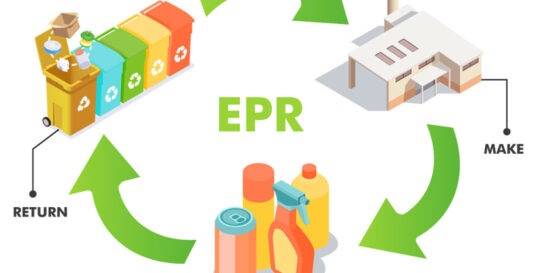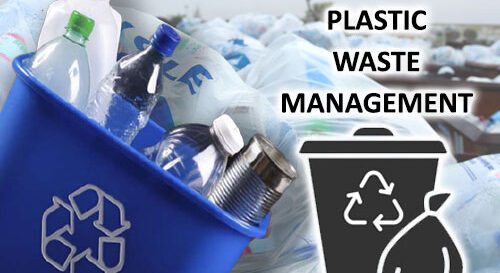Plastic waste management refers to the systematic handling, disposal, and treatment of plastic waste to minimize its environmental impact and maximize resource recovery. Effective plastic waste management involves a combination of strategies aimed at reducing plastic waste generation, improving recycling rates, and responsibly managing disposal. Key components of plastic waste management include:
1. Source Reduction: Encouraging the reduction of plastic consumption through policies, regulations, and public awareness campaigns aimed at minimizing the use of single-use plastics and promoting alternatives.
2. Recycling: Establishing infrastructure and systems for the collection, sorting, and processing of plastic waste to facilitate recycling. This includes the development of recycling facilities, the expansion of recycling programs, and initiatives to increase public participation in recycling efforts.
3. Mechanical Recycling: Mechanical recycling involves processing collected plastic waste into new products or materials through sorting, shredding, melting, and reprocessing. This method is commonly used for plastics such as PET bottles, HDPE containers, and PVC pipes.
4. Chemical Recycling: Chemical recycling, also known as feedstock recycling or advanced recycling, involves breaking down plastic waste into its chemical components to produce new plastic or other valuable products. This technology is still in development but holds promise for handling challenging plastic waste streams and creating a circular economy for plastics.
5. Energy Recovery: In cases where recycling is not feasible or economically viable, plastic waste can be used as a source of energy through processes such as waste-to-energy incineration or pyrolysis. While this approach can help reduce the volume of waste sent to landfills, it is not considered a sustainable long-term solution and should be used in conjunction with other waste management strategies.
6. Landfill Disposal: Disposal of plastic waste in landfills is often considered a last resort due to its environmental impact and long-term consequences. Proper landfill management practices, such as waste compaction and leachate control, are necessary to minimize the release of pollutants into the environment.
7. Policy and Regulation: Implementing policies, regulations, and incentives to promote responsible plastic waste management practices, including extended producer responsibility (EPR) schemes, landfill bans on certain types of plastics, and incentives for recycling and waste reduction.
8. Public Education and Awareness: Educating the public about the importance of plastic waste management, proper waste sorting and disposal practices, and the benefits of recycling and reducing plastic consumption.
Overall, effective plastic waste management requires a coordinated and integrated approach involving government, industry, communities, and individuals to address the complex challenges associated with plastic pollution and move towards a more sustainable and circular economy for plastics.






